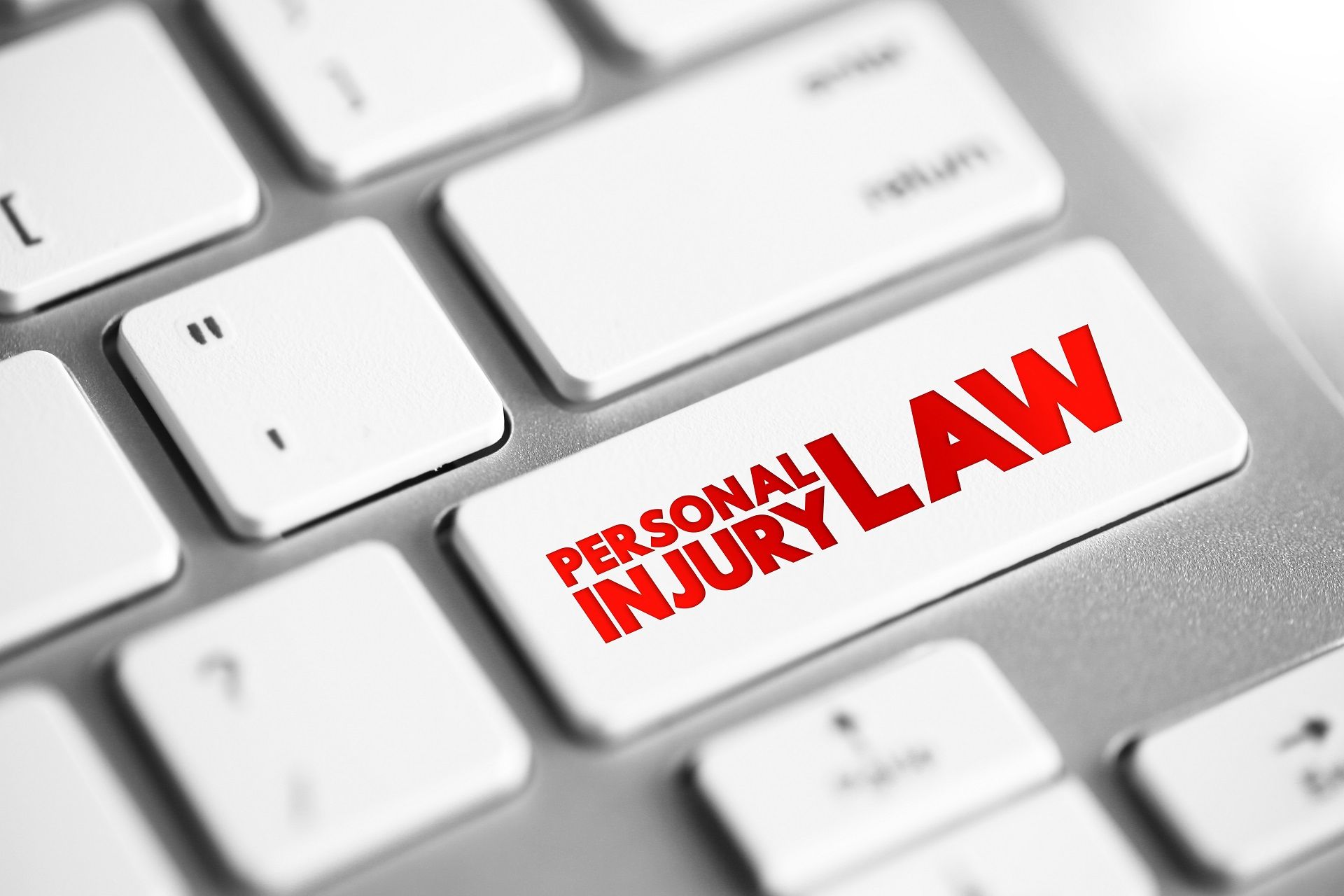What Is A Vocational Expert?

The system for applying for disability benefits is quite complex, so if you’re in the process of applying, it doesn’t hurt to know what to expect.
Unfortunately,
just 28% of applications for Social security disability insurance (SSDI) benefits are approved, and many claimants are forced to file a request for consideration. If the outcome is once again not positive, you can request an
SSDI hearing where you’ll come face to face with an administrative law judge and a vocational expert.
But what is a vocational expert, do they make the final decision on your application, and most importantly, should you be concerned?
Let’s find out.
What Do Vocational Experts Do?
Wondering what is a vocational expert is quite reasonable as many people have never had any exposure to this profession. These are expert witnesses qualified in all sorts of matters such as vocational rehabilitation, earning and vocational capacity, lost earnings, and cost of replacement labor.
In the context of your SSDI hearing, they’ll be brought on board to provide an impartial opinion on whether you are able to perform any jobs with your current medical condition.
That way, the administrative law judge can determine if you should receive SSDI benefits.
A vocational expert will:
- Explain and categorize your previous jobs
- Answer your lawyer’s and judge's questions
- Offer an expert opinion on your work ability and jobs you can perform with your impairments, based on your work history and your physical or mental limitations
What Do Vocational Expert Assess
Now that you have a general idea of what is a vocational expert, let’s get into what they do in a little bit more detail.
1. Work history
Because they’re experts in vocational matters, they are qualified to review your job history and ascertain the exertion and skill level you had to possess while performing them.
According to exertion levels, jobs can range from sedentary (which requires no physical exertion) all the way to heavy work involving considerable physical strain, such as lifting heavy loads or lots of walking.
On the flip side, skill levels range from unskilled jobs which require minimal judgment to skilled jobs that require strict qualifications and significant mental skills.
During the hearing, the judge may ask you to describe your work history in detail. The vocational expert will take this testimony into account when classifying your jobs.
2. Work ability
The next step in your hearing will be an accurate assessment of your disability and its impact on your ability to work. The main point here is figuring out whether you can perform some of the jobs you did in the past with your new set of limitations.
In short, if a vocational expert reveals someone with the same condition and limitations as yourself can perform your old jobs and the judge agrees with that opinion, your claim will most likely be denied.
If the expert confirms you can no longer perform any jobs in your work history, the judge and your attorney will need to question them about other jobs you might be able to do. In the case the number of jobs you can perform with your current condition is zero, you have a chance of winning your claim.
Questioning The Vocational Expert
Not only are many people who never attended a hearing confused as to what is a vocational expert, but they are also surprised about the manner in which they are questioned. Typically, the judge will ask the vocational expert hypothetical questions about a person with the same set of circumstances, work history, and education levels as you.
A good example of a hypothetical or a “what-if” question is this:
“Consider an individual with the same age, background, and work history as the applicant. This individual is only able to perform unskilled sedentary jobs. Can that individual perform any jobs currently available in the national labor market?”
Using that information, the vocational expert will offer their opinion and suggest any jobs the hypothetical individual may be able to perform. If there are jobs available, the vocational expert will provide the job titles and state the number of the same jobs that exist in your local area.
The hearing is not over yet as the judge will introduce additional limitations and ask multiple hypotheticals, each with their own set of restrictions.
For instance, if you suffer from a spinal injury that limits your ability to lift objects and affects your range of motion, a question may go something like this:
“Consider an individual with the same age, background, and work history as the applicant. This individual is only able to perform unskilled sedentary jobs, but their ability to reach overhead is limited as they can only sit for three hours and are occasionally able to lift less than ten pounds. Are there any jobs available in the current job market available for this individual?”
The vocational expert will once again offer an expert opinion and present a list of job titles (if there are any) that the individual may be able to perform.
Can Your Attorney Cross-examine The Vocational Expert?
The answer is yes.
If the vocational expert said there are certain jobs you can perform, your attorney can successfully rule out some of those jobs by introducing new limitations that the judge may have otherwise overlooked.
Let’s say your disability is making it impossible for you to stoop down and the vocational expert suggested a job that includes stooping down regularly - your attorney can include that limitation if it’s present in your medical records.
Your attorney can question the vocational expert until they manage to rule out all of the jobs that the vocational expert previously identified. If they’re successful and there are no jobs available, you will win your disability claim on appeal.
You Have Nothing To Fear
Keep in mind that this isn’t like a hearing from one of those courtroom dramas. It’s simply a way to determine whether you are legally entitled to receive benefits or not. Despite the fact it may seem as if all cards are stacked against you and the judge is trying to shoot down your chances, all the parties involved (including the vocational expert) just want to make the process fair.
Speaking from years of experience, you have nothing to fear if you have a legitimate disability, especially with an experienced disability lawyer representing you. And just like that, you’ll be a step closer to receiving your well-deserved benefits.
RECENT POSTS
CONTACT US
We will get back to you as soon as possible.
Please try again later.
Evaluation Request
Contact Us
We will get back to you as soon as possible.
Please try again later.
Contact
Contact Us
We will get back to you as soon as possible.
Please try again later.
All Rights Reserved.
This website is managed by Oamii.







